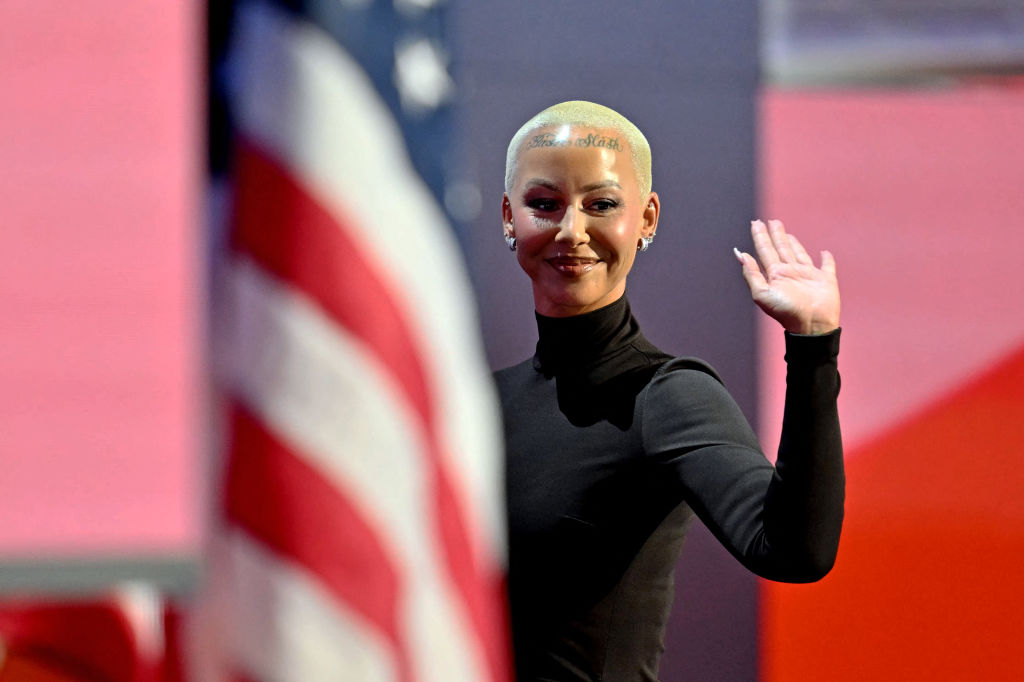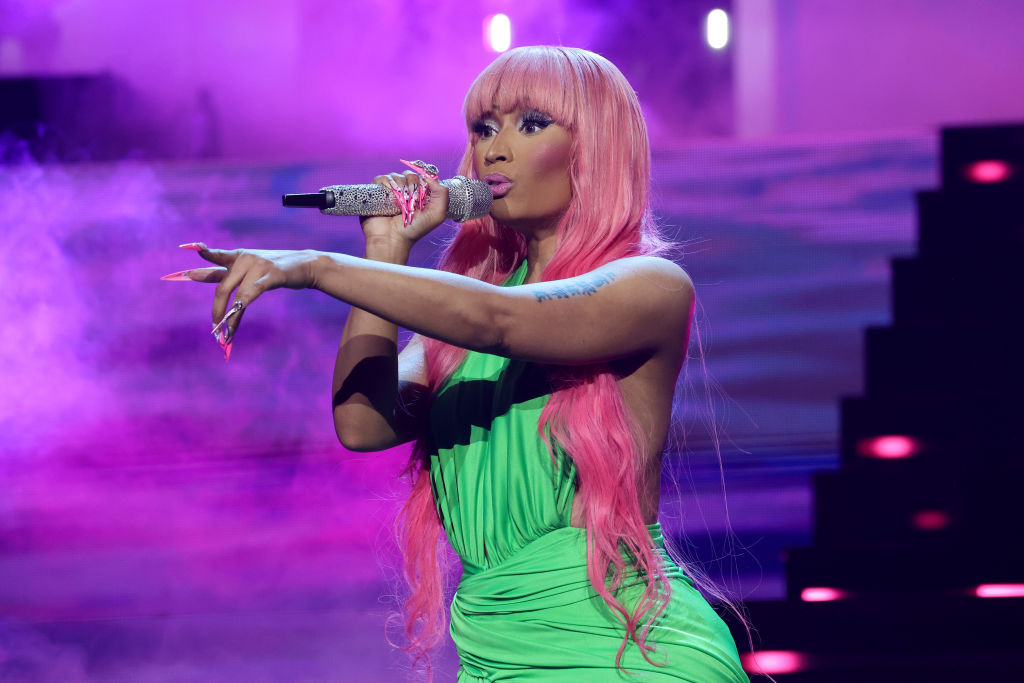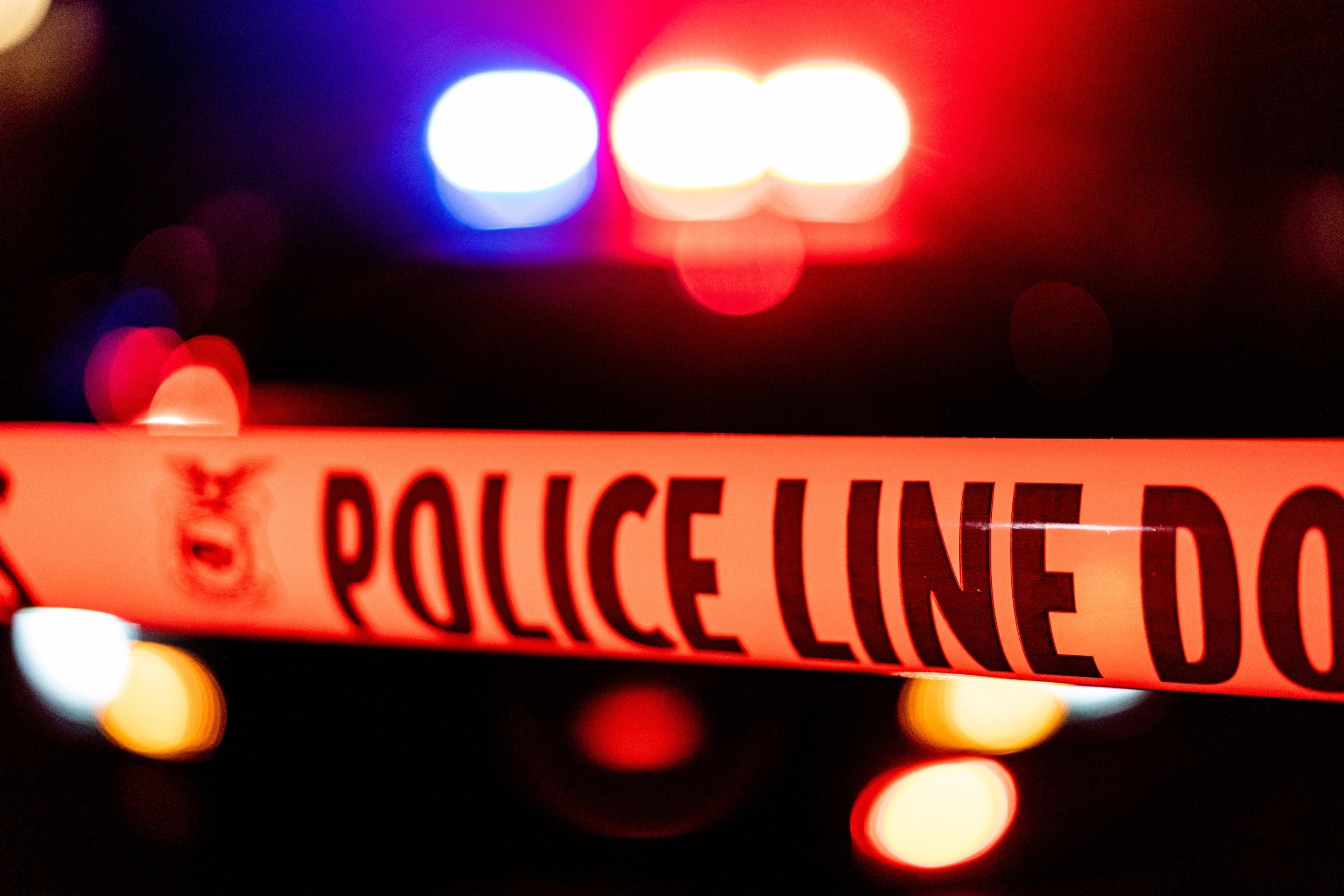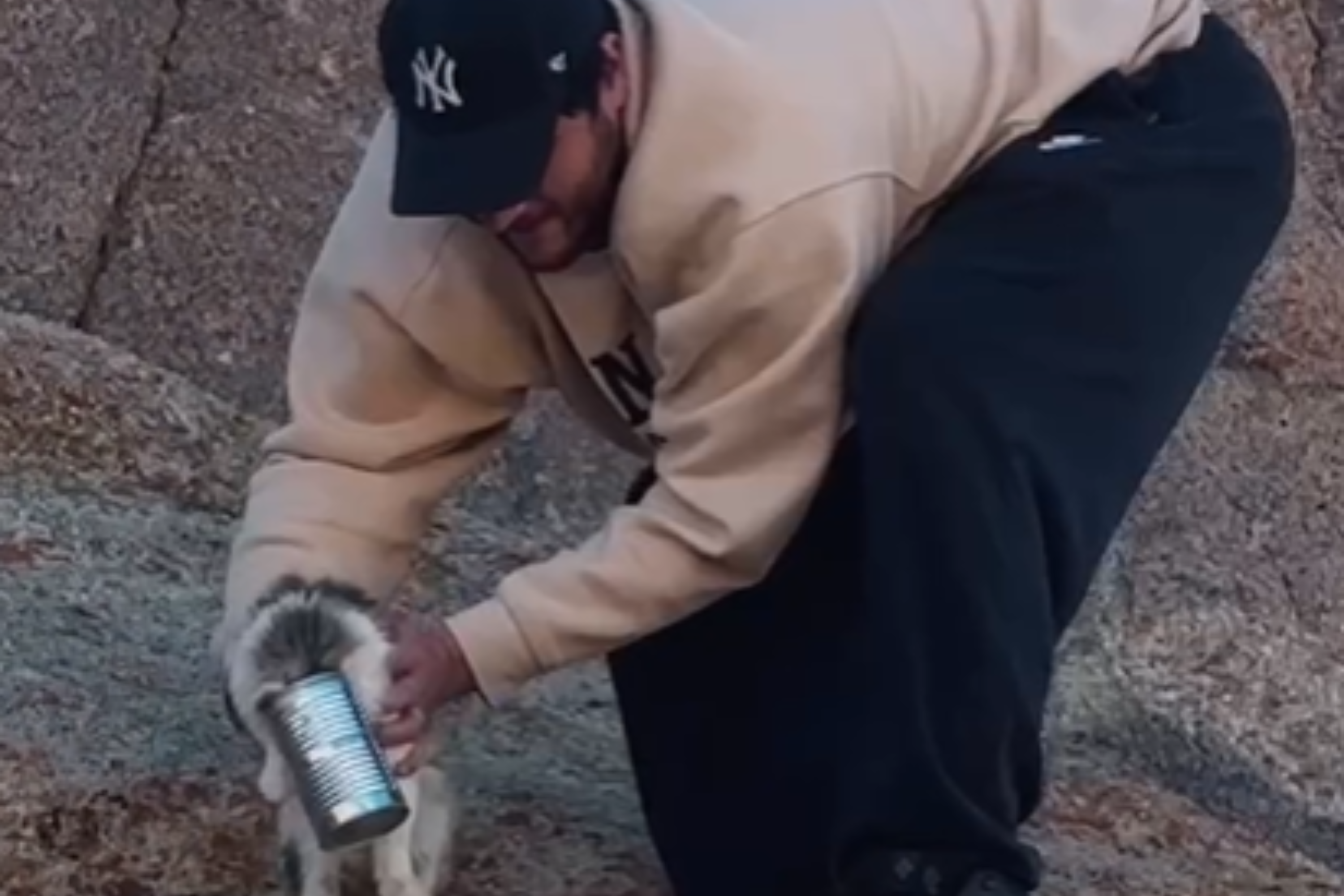There could be a major benefit to terminating the outstanding legal cases against Donald Trump now, according to one expert.
After winning Tuesday's election, Trump is set to make history as the first convicted felon to serve as president following his conviction in the hush money case against him earlier this year.
The president-elect is also involved in three other criminal cases. But now that Trump will take the Oval Office in January, it is unlikely he will see another criminal conviction added to his roster.
It is unclear if the existing cases will be dropped entirely. But according to Joyce Vance, a former U.S. attorney, there could be some merit in doing so.

"One benefit of terminating the investigations now could be the ability to write some form of report memorializing the evidence against Trump for the historical record," Vance wrote in a blog post.
"A document of that nature, like the Mueller Report, might be made public through either the Department or Congress. In his report, Mueller stopped short of recommending charges against Trump because he would have no forum to respond, since he couldn't be charged while in office. It's hard to know how the Department will weigh those concerns here, when the charges have already been brought and Trump could have, but has chosen not to, have his day in court," she added.
The Mueller Report, released in 2019, detailed Russia's efforts to influence the 2016 U.S. presidential election in favor of Donald Trump and against Hillary Rodham Clinton. While it confirmed Russian interference, the investigation found insufficient evidence that Trump or his campaign conspired with Russia. It also did not conclude that Trump committed a crime, citing guidelines that a sitting president cannot be indicted.
Newsweek has contacted the Trump campaign for comment via email.
Vance's recommendation comes after special counsel Jack Smith, who is prosecuting Trump for alleged election interference and mishandling of classified documents, was granted an extension to his D.C. trial by Judge Tanya Chutkan after this week's presidential election. Trump has pleaded not guilty to all the charges against him and has claimed the cases are part of a political witch hunt.
"As a result of the election held on November 5, 2024, the defendant is expected to be certified as President-elect on January 6, 2025, and inaugurated on January 20, 2025" Smith wrote in a new court filing. "The Government respectfully requests that the Court vacate the remaining deadlines in the pretrial schedule to afford the Government time to assess this unprecedented circumstance and determine the appropriate course going forward consistent with Department of Justice policy."
Smith is reportedly consulting with Justice Department officials about how to go about winding down his pending criminal cases against Trump.
Trump has pledged to fire Smith as special counsel upon returning to the White House in January. He was asked about the matter in an interview with conservative radio host Hugh Hewitt on October 24.
"It's so easy," Trump said. "I would fire him within two seconds. He'll be one of the first things addressed."
"In fact, he's a crooked person," Trump added.
Legal experts told Newsweek this week that it is likely Smith will resign before he is fired.
As president, Trump could also possibly pardon himself in the three remaining cases against him.
"If Trump wins, his criminal problems go away," former federal prosecutor Neama Rahmani told Newsweek before the race was called.
But a report about Trump's election-fraud case would at least guarantee there is a "permanent public record" of the evidence against the president-elect, according to Vance.
"It's hard to assess what value a report like that might have, beyond information and evidence Smith's court filings have already made public," Vance wrote in a previous blog post.
"It would at least guarantee there would be a permanent public record that would survive Trump's certain demand that the Justice Department kill the cases against him. This is one potentially intriguing possibility in a day that didn't have much optimism to offer," she added.
State and federal prosecutors had hoped to take their respective cases against Trump to trial before Election Day, but a series of delay tactics deployed by his legal team—plus a Supreme Court ruling in June—resulted in just one criminal trial in Manhattan.




















 English (US) ·
English (US) ·